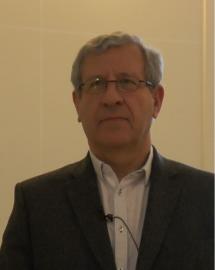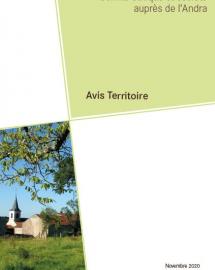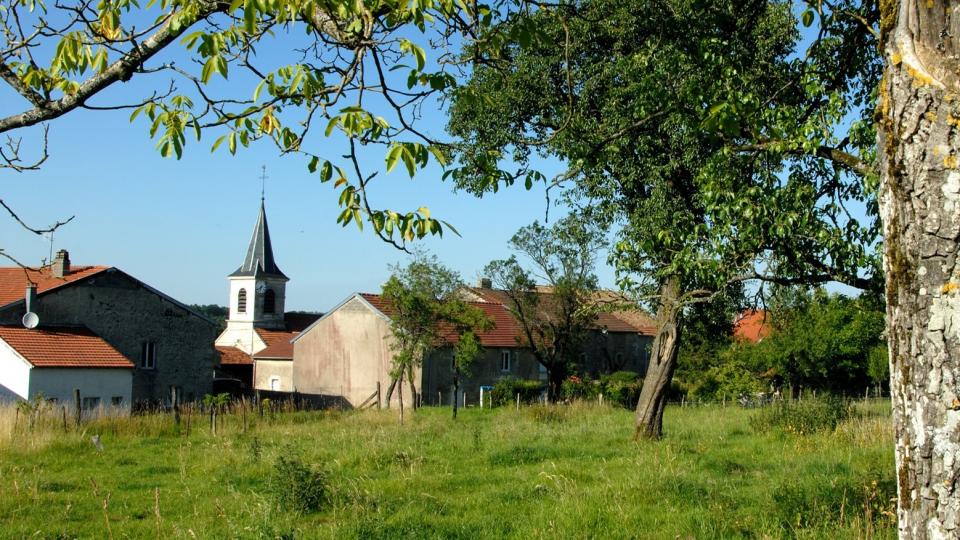The place of the host territories at the heart of the latest position paper of the Andra Ethics and Society Committee
Responsible for providing informed opinions on the ethical, societal and civic issues of its activities to Andra, the Ethics and Society Committee (CES) issued its third position paper to the Agency. It addresses the territories that host radioactive waste disposal facilities or projects. How are they supported? How can they be heard, and how to facilitate the communication? Jean-Pierre Aubert, member of the CES and honorary economic and financial controller general of the Mutations - anticipations - innovation chair at the Institute of Business Administration (IAE) in Paris, reviews the main lines of this opinion paper.
Why did the Ethics and Society Committee chose this subject linked to the areas where radioactive waste storage or disposal facilities are located?

This is a major subject because whatever the major project at stake, beyond even nuclear-related subjects - an airport, a bridge, an energy production facility or a radioactive waste dispsoal facility- it shall be located ina a given territory. A place which is usually already inhabited, by humans and other animal and plant species.
In addition, and this is one of the major specificities of the disposalor disposal facilities we are talking about, these are created to operate for decades or even centuries or millennia and therefore concern several successive generations. They will also have an impact on the landscape, habitat, local activities, and more generally the socio-economic development of a territory.
These are the main reasons that prompted the Ethics and Society Committee to take up this theme of the territory in order to provide a first reflection on the significance of such projects for the host territories, on the recognition to which they are entitled, and on the relationship that Andra can maintain with these territories.
What are the main topics detailed in your position paper?

We have organized it along three axes. For the first axis, we point out that the choice of an implantation site results from a complex combination of technology, geology, territorial political support, future possibilities to be built with the local populations and administrative authorizations. A question arises: what is the degree of choice left to the local population? In the context of the Cigéo project, for example, we can say that the State and Andra took the time to discuss the project and gather opinions as part of a formalized process with the inhabitants and stakeholders of the territory. . But, if any project of general interest leads to arbitration, the choice ultimately lies with the State and Parliament.
Therefore, it is crucial to ensure, following this choice, that the project is part of the identity of the territory and that it promotes positive dynamics. How to ensure that the voice of the territory, its needs, are expressed and combined in these arbitrations? This is the subject of the second axis of the opinion.
Today, once the local consultation phase on the location of the project site is completed, the State has an approach of supporting local communities (region, department, municipalities, etc.) which consists of determining an economic plan for the project. host territory. This can be financial aid to improve the supply of transport, support farmers, but also forecasts to promote links between sectors of activity, or skills development. And in general, this approach means that Andra's projects and centers support the territories in which they are located. It's obvious.
But, we believe, and this is the subject of the third axis of the opinion, that it would be wise to create a dynamic vision of the territory over time, to co-construct the territory project with the local populations. From the moment Andra sets up shop, the issues are no longer just technical. To do this, the State and Andra could go beyond the consultations they organize and adopt even more proactive practices to empower the population to be more proactive. By promoting, for example, the emergence of local projects that residents would like to see emerge: in terms of ecological transition, agroecology or even local energy production. Here Andra would not be an organizer of course, but could actively participate in this process. For example, Andra has created an environmental observatory (OPE) in Meuse / Haute-Marne. It’s very interesting: the local population can make it its own project… and for several generations.
The ultimate challenge is to bring together a plurality of visions around a territorial story shared by all.
What are your expectations following the publication of this notice?
It is to move forward on the conditions for the emergence of this autonomous "force" in the territories of Andra's installations and of a "common narrative" for these territories.
Our idea for Andra is therefore that she can participate in creating this movement. Today, more and more citizens' initiatives are promoted by public policies. Supporting their emergence therefore makes sense with a society that increasingly rejects "top-down" decision-making methods (from a state body to citizens).


